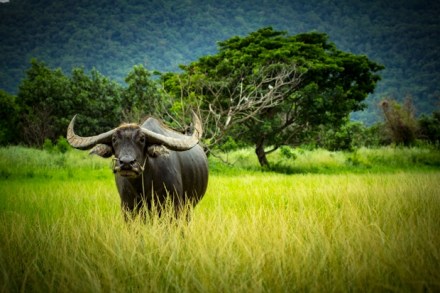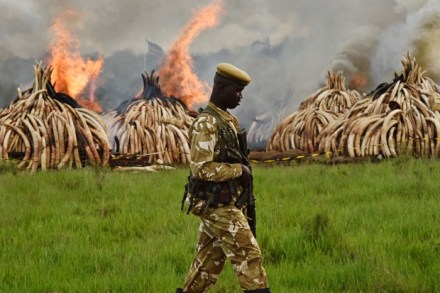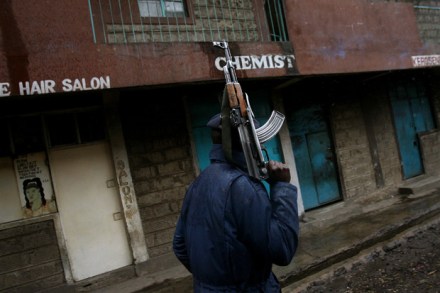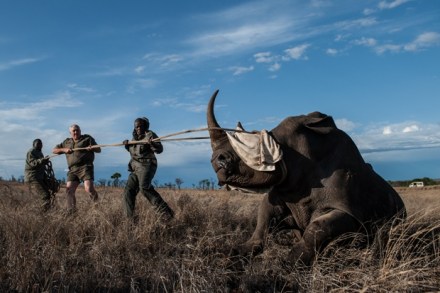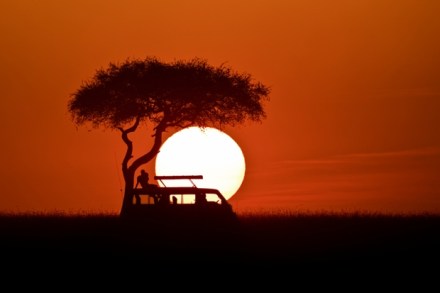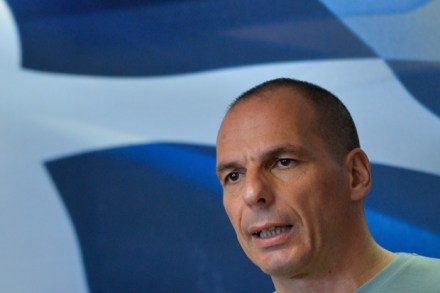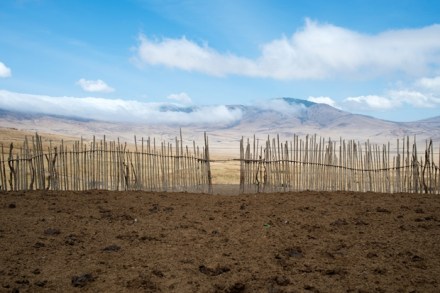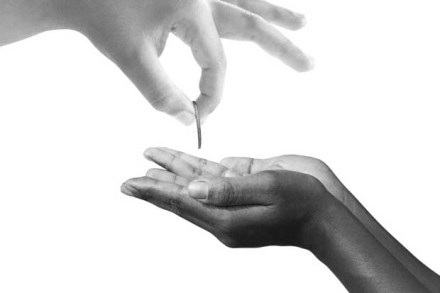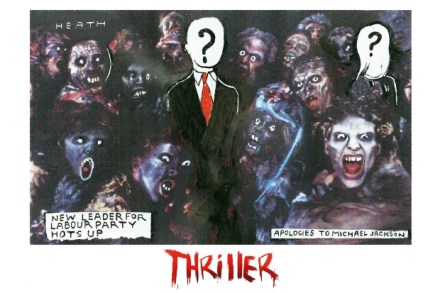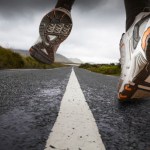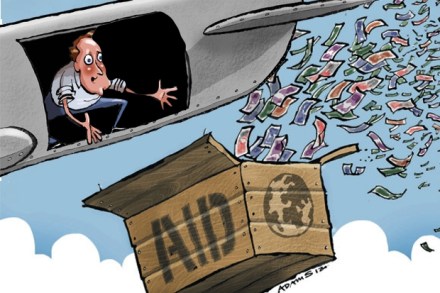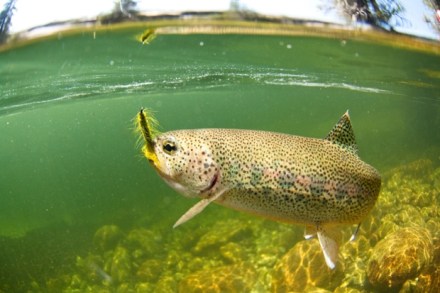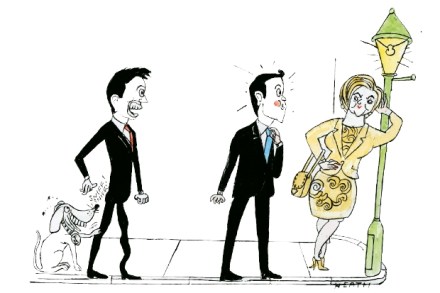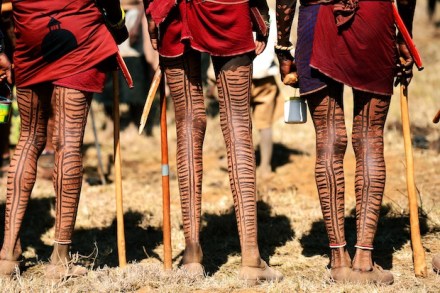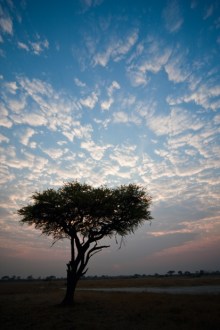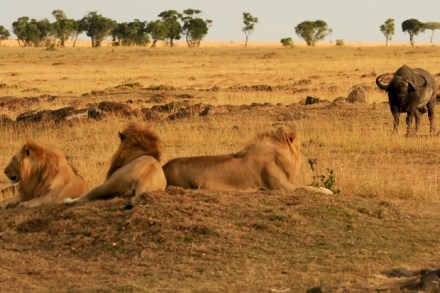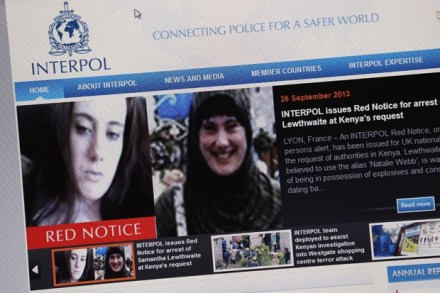Wild life | 14 July 2016
Gilgil, Kenya At our Gilgil hut in the Rift Valley I’ve had a new flower garden planted to welcome my wife Claire home from England. Here at 7,000 feet in Africa, temperate and tropical species grow together: roses and aloes, pears and bananas. In midwinter, when she went under the knife, I was back in Kenya, trucking in gardenias, honeysuckles and hydrangeas. During springtime in her chemotherapy pod, as the red liquid dripped into her arm, I was talking with our landscaper Eileen about marguerites, birds of paradise and camellias. When Claire was pinned down by radiation earlier this summer, at our hut the rains were drenching new lilies,
